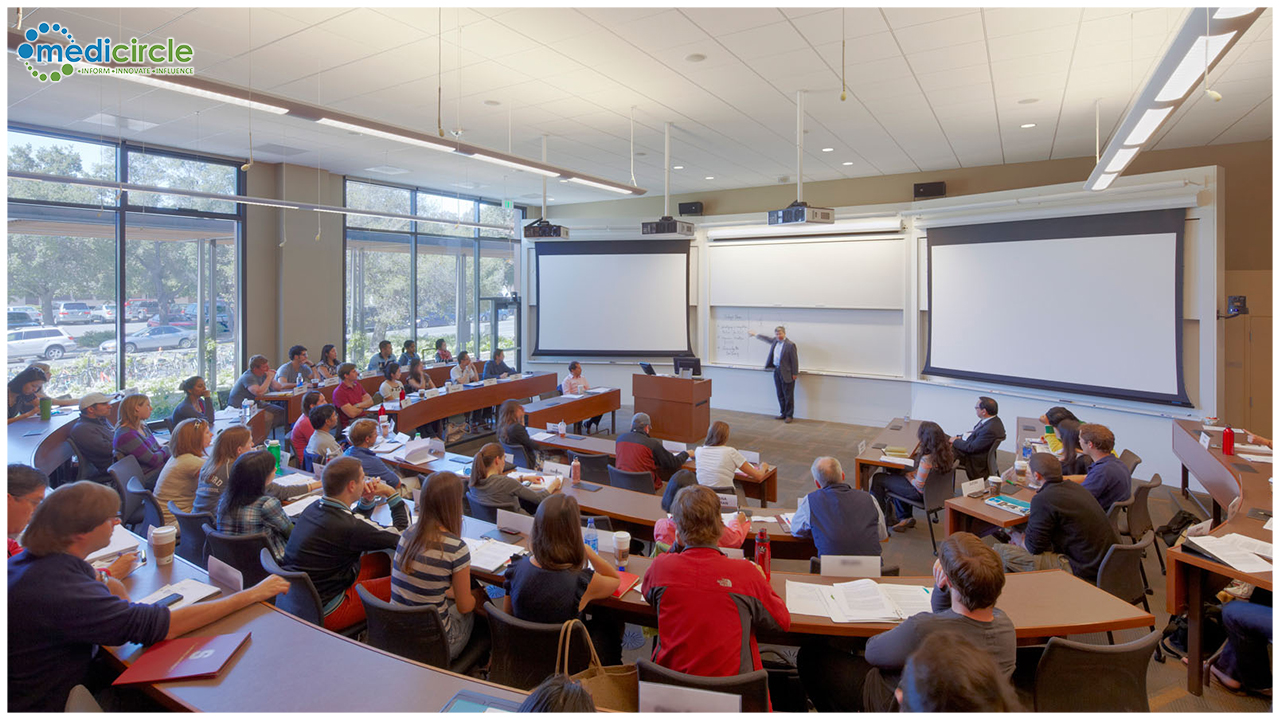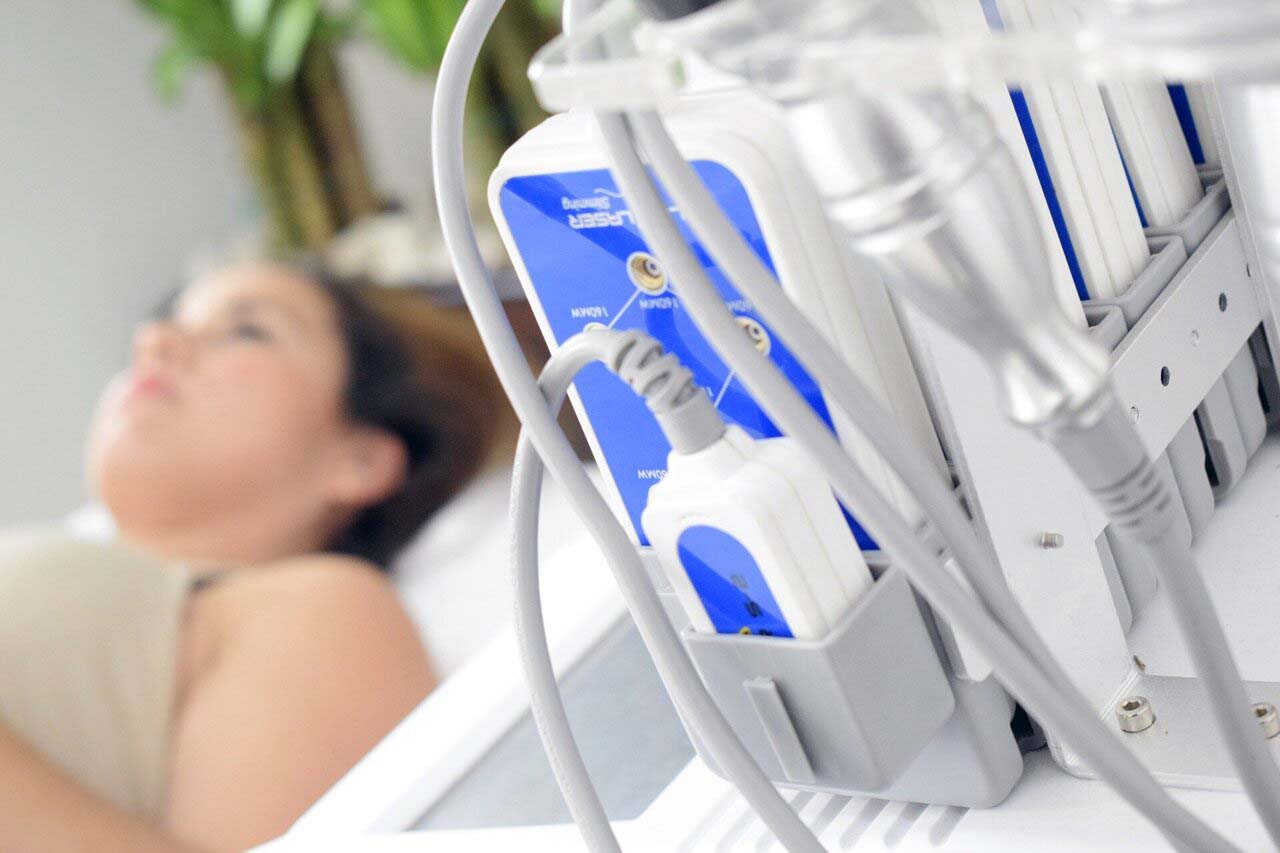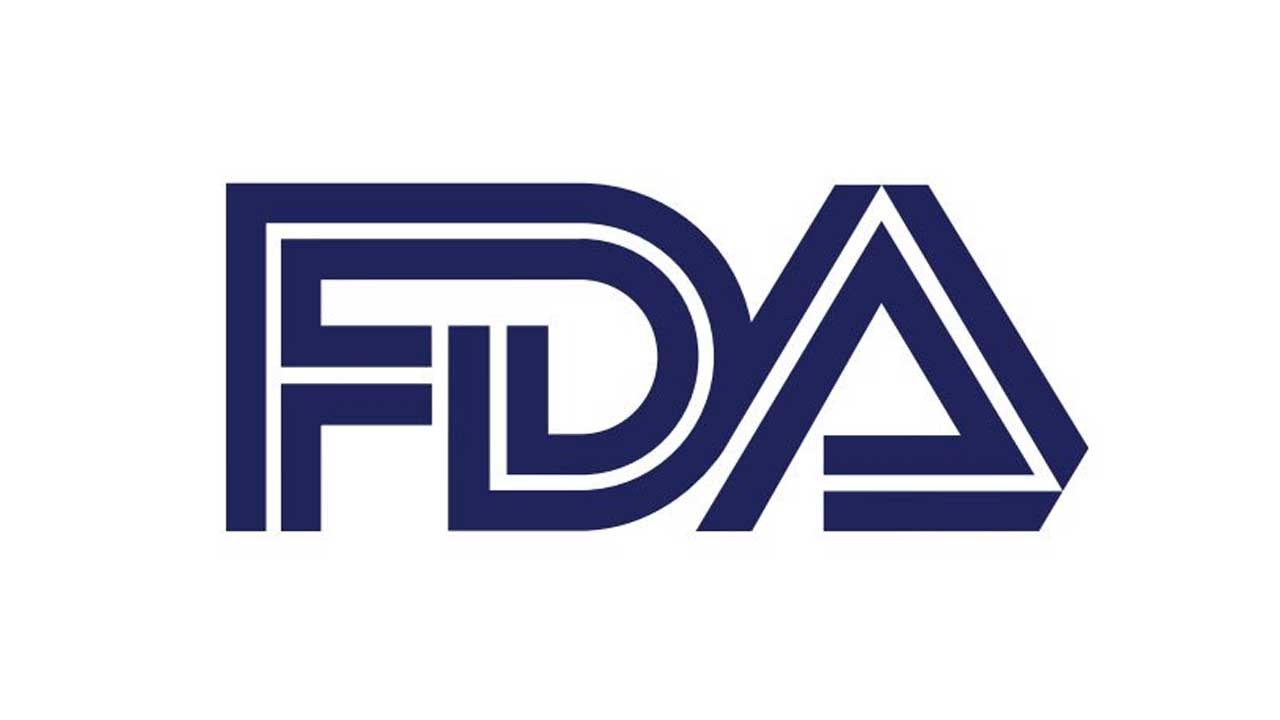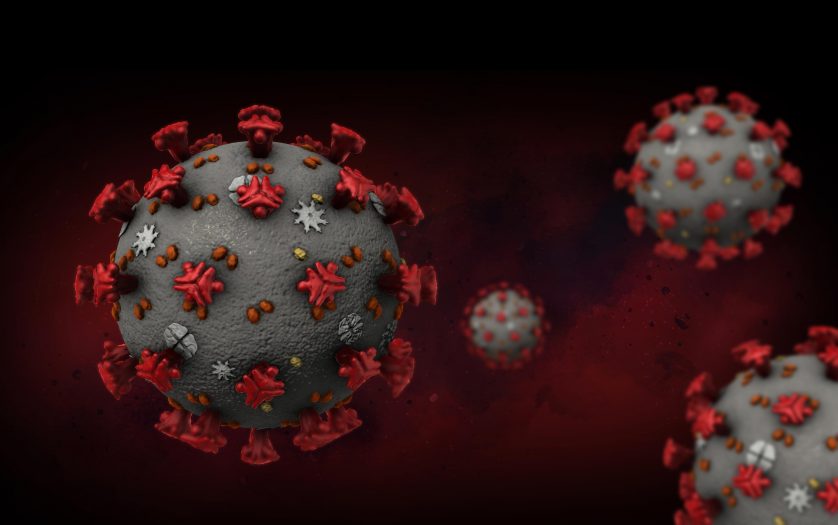In a health care sector now awash with data and digital technologies, physicians are actively preparing for the transformation of patient care, according to the 2020 Health Trends Report published today by Stanford Medicine.
Stanford Medicine’s 2020 Health Trends Report once again documents key trends steering the industry’s future, including a maturing digital health market, new health laws opening patient access to data, and artificial intelligence gaining regulatory traction for medical use.
To understand how these trends will reach the doctor’s office and ultimately shape patient care, Stanford Medicine commissioned a national survey of more than 700 physicians, residents, and medical students. As a proxy for the health care delivery system writ large, these individuals were polled for their thoughts about the future of medical practice and how they are preparing for it.
“We found that current and future physicians are not only open to new technologies but are actively seeking training in subjects such as data science to enhance care for their patients,” said Lloyd Minor, MD, dean of the Stanford University School of Medicine. “We are encouraged by these findings and the opportunity they present to improve patient outcomes. At the same time, we must be clear-eyed about the challenges that may stymie progress.”
The survey’s findings have major implications for patients, their future experiences of health care, and the services to which they will have access in the next decade.
Key Findings
1. Health care providers adapting to new developments
· Physicians, residents, and students expect that almost a third of their duties could be automated by technology in the next 20 years.
· Nearly half of all physicians (47%) and three quarters of medical students (73%) are currently seeking out additional training to better prepare themselves for innovations in health care. These pursuits gravitate toward data-oriented subjects such as advanced statistics, genetic counseling, population health, and coding.
· Among physicians who are seeking additional training, 34% are pursuing classes in artificial intelligence.
2. Health care providers are digital health users and see clinical value in patient-generated sources of health data
· Nearly half of all physicians, students, and residents use a wearable health monitoring device. Among those who wear them, a majority say they use the data to inform their personal health care decisions (71% of physicians, 60% of students and residents).
· A majority of students and residents (78%) and physicians (80%) say that self-reported data from a patient’s health app would be clinically valuable in supporting their care.
· The group also sees clinical value in data received from sources such as a patient wearable device (79% students and residents; 83% physicians) and data from consumer genetic testing reports (63% students and residents, 65% physicians).
3. A transformation gap: survey responses among current and future physicians reveal significant gaps in readiness to implement emerging technologies
· There are large gaps in readiness for some of the most critical new health care developments such as telemedicine, personalized medicine, and genetic screening.
· When asked to rate the effectiveness of their education to prepare them for these developments, only 18% of current medical students and residents surveyed said that their education was “very helpful,” while 44% of physicians surveyed said that their education was either “not very helpful” or “not helpful at all.”
· This gap can be closed by modernizing the appropriate curriculum and training programs so that both current and future physicians can effectively use and make the most of new technologies.
4. Under pressure
· Physicians and those in training are struggling under medical practice burdens.
· Among physicians and residents surveyed, nearly one in five would change their career path if they were given the opportunity to do so, citing poor work-life balance and administrative burdens as the top reasons for reconsidering a medical career.
The rise of the data-driven physician represents an opportunity to positively transform medicine and improve health outcomes by bringing new technologies and insights to the patient bedside. However, as it stands today, medical professionals still feel insufficiently trained to do so. Moreover, promising medical talent is being held back by challenges such as achieving work-life balance and student debt.
As a new decade gets underway, Stanford Medicine’s 2020 Health Trends Report offers insights for health educators, employers, government officials, and private industry to take action and help tomorrow’s health care workforce reach its full potential.

 The report documents key trends steering the industry’s future, including a maturing digital health market, new health laws opening patient access to data, and artificial intelligence gaining regulatory traction for medical use.
The report documents key trends steering the industry’s future, including a maturing digital health market, new health laws opening patient access to data, and artificial intelligence gaining regulatory traction for medical use.




















.jpeg)

.jpeg)
.jpeg)

.jpeg)


.jpeg)



.jpeg)
.jpeg)
.jpeg)


.jpg)


.jpeg)
.jpeg)